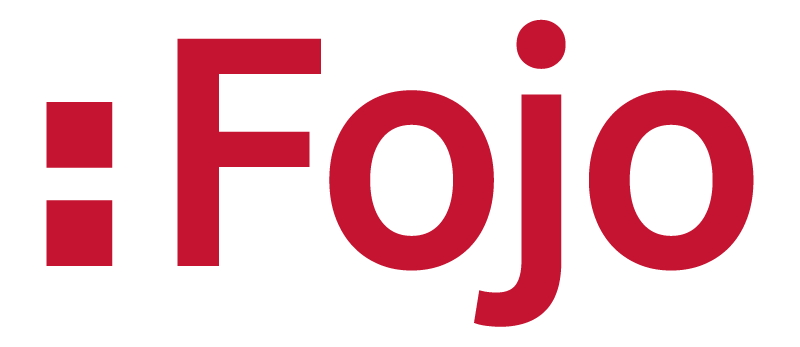With a new record-breaking number of participants, the 2023 Global Investigative Journalism Conference brought together 2100 investigative journalists from across the world in Sweden last week. Fojo Media Institute was one of three organisers.
“The fact that thousands of journalists have come together shows the strength of the international investigative journalism community. Despite threats, even death threats, harassment and the ‘not so open’ borders of the European Union, we were able to meet in this exceptional gathering of journalists from 134 countries,” said Kersti Forsberg, Director of Fojo Media Institute, at the opening ceremony of the event.
This was the first onsite GIJC conference since 2019, and since then much has happened in the world. A global pandemic, a military coup in Myanmar, Russia’s invasion of Ukraine, an increase in catastrophic events linked to climate change and rapid advancements in artificial intelligence, to name a few. At the same time, the investigative journalism community worldwide has continued to counter these negative forces by scrutinising authorities and companies that put their own interests above that of local populations and the protection of vital natural resources. At the same time they have increased cross-border collaborations to best address the global aspect of many of these problems.
The GIJC conference showcased an array of those efforts and what they have resulted in, such as, how to use artificial intelligence to uncover illegal goldmines in the Amazon rainforest, or investigations into Asia’s Golden Triangle drug traffic. But the conference is also a meeting place, where new collaborations are born and networks created.

Maya Misikir, stringer at Voice of America in Ethiopia, found both new projects and funding for an investigative piece at the GIJC conference. Maya Misikir is closely affiliated with Fojo’s work to strengthen the media in Ethiopia. We caught her in-between sessions, while chatting with colleagues in the foyer of the conference venue. “I have had the opportunity to meet some people that I have been following from afar and that I have been a really big fan of. It’s so valuable to have this conversation with people who seem so far away, to try out techniques that have been hard to grasp and to hear them bring them down to earth,” she said.
Threats is an ever-present part of journalists’ lives. It was a recurrent theme in many of the sessions at the conference, from the keynote speech delivered by Ron Deibert, Director of Citizen Lab, to the plenary session, to the digital threats that follow journalists around like an omnipresent shadow. Some journalists received death-threats prior to coming to the conference, like the two Russian journalists who according to Executive Director of the Global Investigative Journalism Network David E. Kaplan, received an anonymous message saying they would be killed if they attended – a threat that mentioned the flight, seat numbers and hotel the journalists had booked. “That’s emblematic of the level of threats received,” said Kaplan.
Lian Buan from Rappler, the Filipino website founded by 2021 Nobel Peace Prize Laureate Maria Ressa, said she came to the conference primarily to feel the support of the community.
Senator Ireogbu, Editor-in-Chief at the Global Sentinel in Nigeria, came to the conference to gather support and collaboration from his colleagues in the field. “I have come here to see how we can pool resources together to crack some of the difficulties and challenges we encounter in investigations. This area is enormously challenging because we are exposing some powerful people and things that are hidden, and it requires partnership.”

Fojo brought several journalists associated with its programmes in Rwanda, Ethiopia, Zimbabwe, Bangladesh and Eastern Europe to the conference.
”The resilience shown by journalists in exile or living in countries where media freedom is under siege is extremely inspiring and motivating. I think those of us living in countries where we take press freedom for granted need to be reminded that that is not always the case”, says Kersti Forsberg.
The #gijc23 was the largest gathering so far of investigative journalists and Fojo was proud to co-host it with FGJ and GIJN. The next conference is due to be held in 2025. We look forward to a session during the #gijc25 on the cross-border investigations that sprung from Gothenburg.



